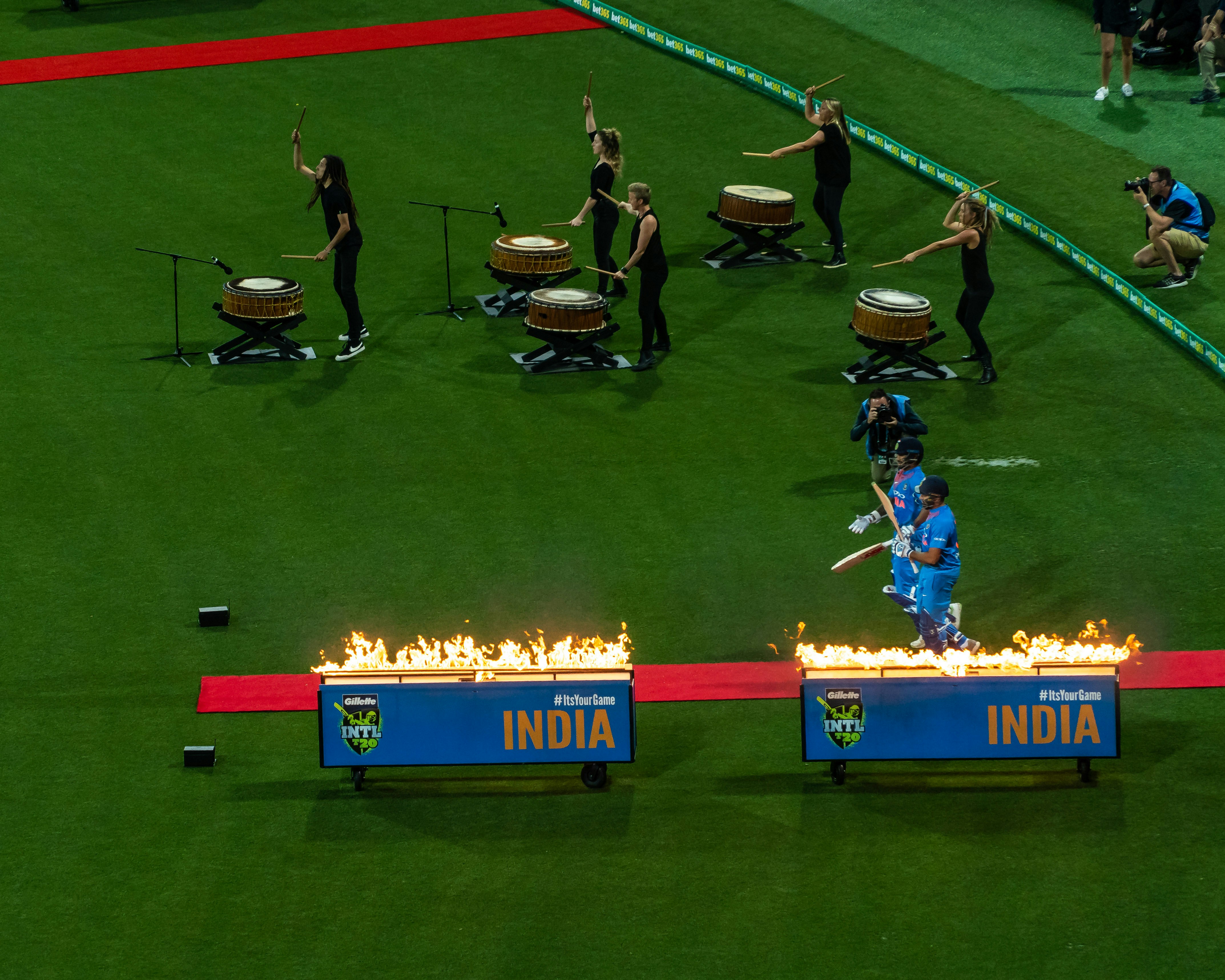Challenging New Laws: Understanding Article 32 of the Indian Constitution

Introduction to the New Law
The recent enactment of a new law has raised significant discussions regarding its impact on citizens’ fundamental rights. With the potential to challenge this law in the Supreme Court, individuals may feel empowered to address their grievances. This process raises awareness about the rights guaranteed under the Indian Constitution.
Article 32: A Tool for Citizens
Article 32 of the Indian Constitution serves as a powerful provision for citizens seeking the enforcement of their fundamental rights. According to this article, any individual who believes that a new law infringes upon their rights can approach the Supreme Court directly. This avenue enables the challenging of potentially unconstitutional legislation, placing the responsibility of safeguarding fundamental rights on the highest judicial authority in India.
Implications of Contesting a Law
The ability to contest a law even after presidential assent carries significant implications for democracy and governance. Individuals can assert their legal standing and question the legality of legislation that violates their rights. Through this mechanism, the Supreme Court can evaluate and potentially strike down laws that do not align with the principles outlined in the Constitution, thereby reinforcing the rule of law and protecting citizens from unjust legislations.




